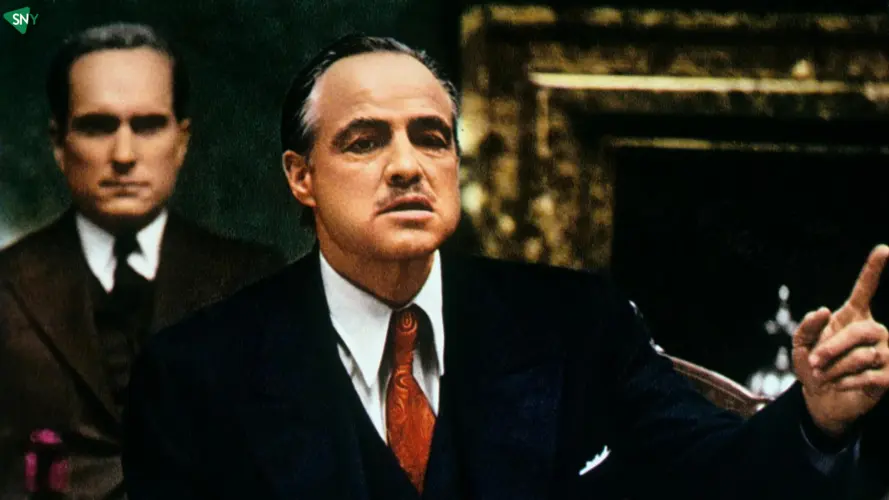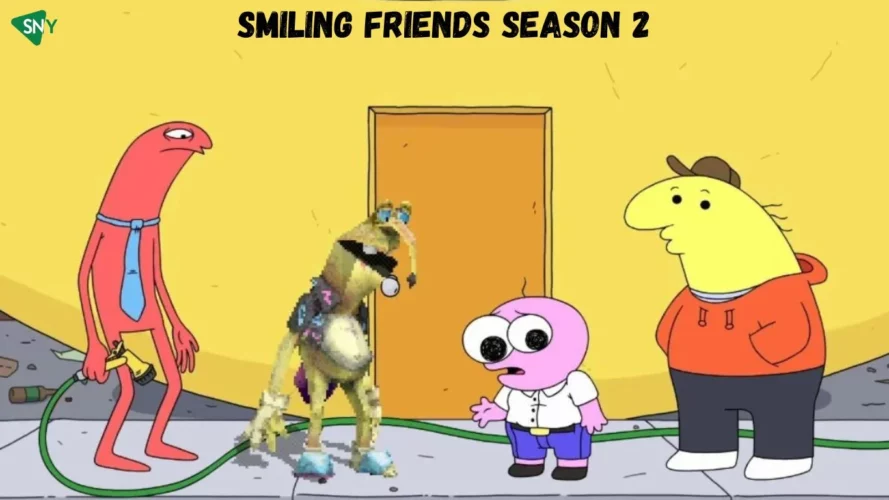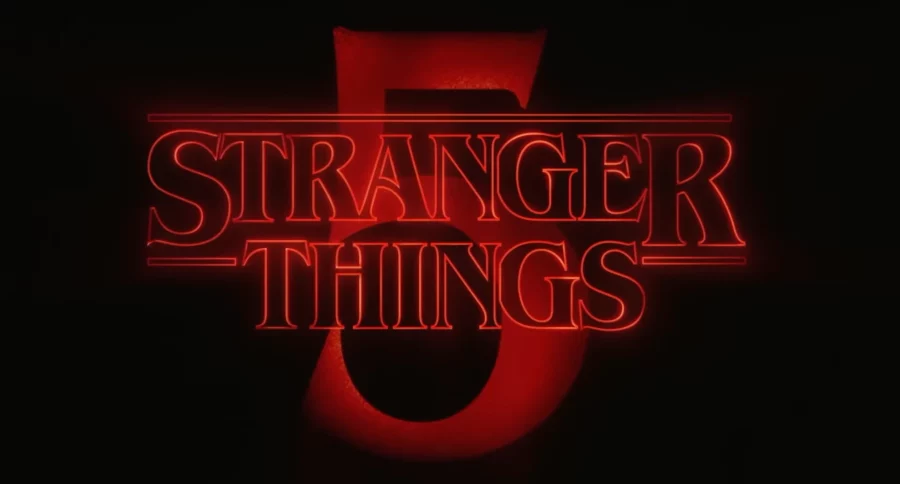In the annals of cinematic history, few figures loom as large as Marlon Brando. His portrayal of Don Vito Corleone in The Godfather stands as a testament to his unparalleled talent and unique approach to the craft of acting. Despite initial skepticism from the studio, Brando’s casting proved to be a stroke of genius, elevating the film to iconic status and solidifying his place as one of the greatest actors of all time. In this article, we delve into Brando’s unconventional methods on set, from his use of cue cards to his reliance on earpieces, shedding light on the enigmatic persona behind the legend.
Marlon Brando: A Career Resurgence
In the early 1970s, casting Marlon Brando was viewed as a risky endeavor by studios wary of his declining star power. However, Francis Ford Coppola’s unwavering conviction in Brando’s ability to embody the complex character of Don Corleone ultimately paid off. Despite initial opposition, Brando’s performance breathed life into the aging mafia boss, transcending age and expectation. Through meticulous makeup and masterful acting, Brando delivered a tour de force performance that redefined the role and revitalized his career.

The Method Behind the Cue Cards
Brando’s use of cue cards on the set of The Godfather may seem perplexing at first glance, but it speaks volumes about his approach to acting. Rather than relying on rote memorization, Brando sought to tap into the spontaneity of real-life conversation. Drawing from the Stanislavski Method, he embraced the fluidity of improvisation, allowing each scene to unfold organically. By eschewing traditional methods in favor of cue cards, Brando unlocked a level of authenticity that resonated with audiences and fellow actors alike.
A Lesson in Spontaneity: Earpieces on Apocalypse Now
Brando’s unorthodox methods extended beyond The Godfather to his role in Apocalypse Now. Amidst the chaos of filming, Brando once again eschewed memorization in favor of spontaneity. This time, however, cue cards were impractical in the jungle setting. Instead, Coppola fed Brando his lines via electronic earpiece, allowing for real-time interaction and improvisation. While some may view this approach as unconventional, it speaks to Brando’s commitment to authenticity and his willingness to push the boundaries of traditional acting.

Conclusion: Embracing the Unconventional
In retrospect, Marlon Brando’s unconventional approach to acting may confound traditionalists, but it is precisely this willingness to challenge norms that sets him apart as a true iconoclast. From cue cards to earpieces, Brando’s methods were as enigmatic as they were effective, yielding performances that transcended the boundaries of cinema. As aspiring actors seek to emulate his greatness, they would do well to remember that true artistry lies not in conformity, but in embracing the unexpected and the unconventional.
In closing, Marlon Brando’s legacy endures not only as a master of his craft but as a trailblazer who dared to defy convention in pursuit of truth and authenticity on the silver screen.




